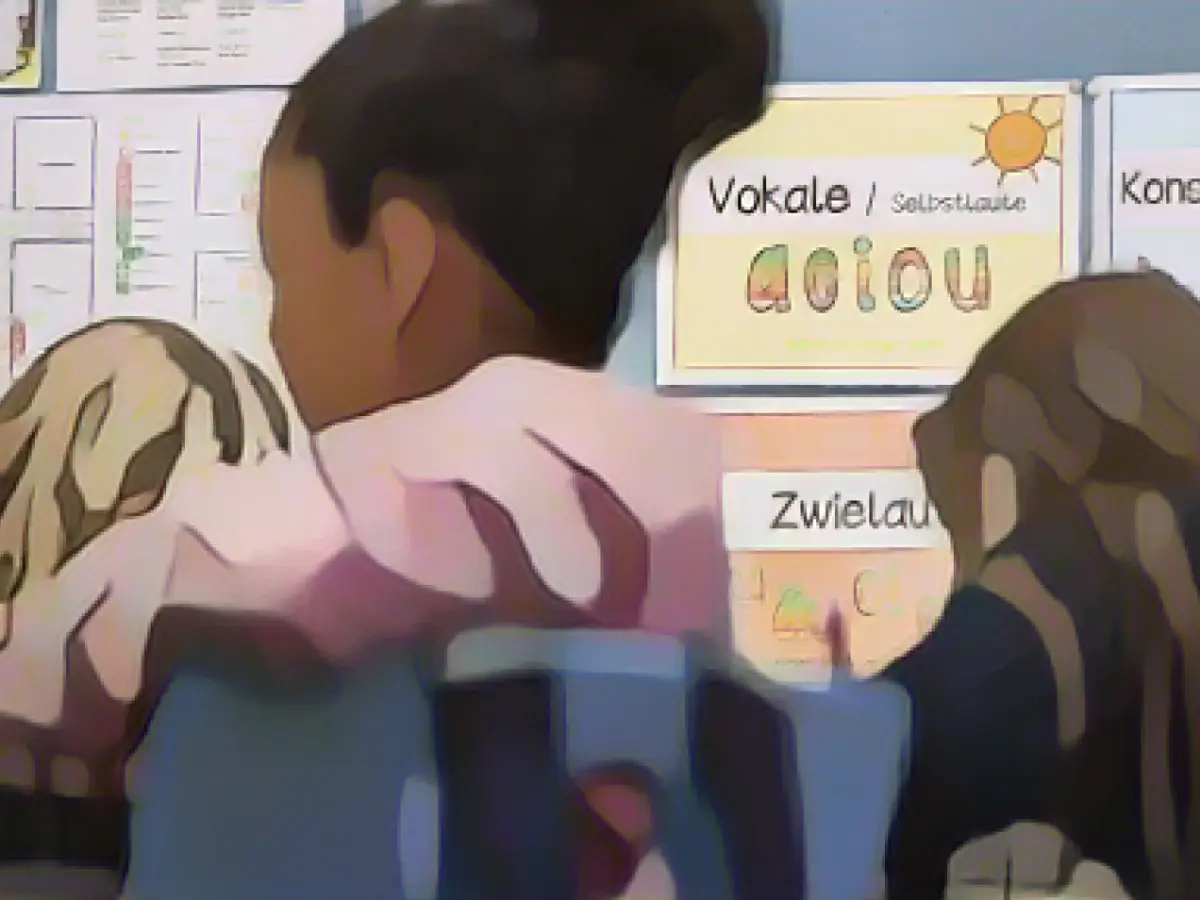Overcoming the Teacher Deficit in Thuringia: A Slight Improvement but Far from Sufficient
Despite the initiatives from the BMBF and Thuringia's government, the dearth of teachers persists in Thuringia, leading to a sizeable number of missed lessons, a recent report from the German Press Agency reveals. In a week from September 11 to 15, about 8.6% of the lessons were not conducted as planned, according to data from the Ministry of Education. Although this figure is slightly better compared to the previous school year, a spokesperson from the Ministry admits that they are not close to achieving their goal.
Spotty Progress, Hope Fading
"There's been some improvement in the fall figures," stated the spokesperson, but "we are still a long way from reaching our objective," they added, cautiously optimistic yet acknowledging the gap between the present and the desirable.
Thuringia has grappled with a severe teacher shortage for years, prompting the state government to reintroduce permanent employment for teachers, launch recruitment campaigns, and amend hiring methods. The number of lateral entrants securing teaching positions has steadily risen in the state as a consequence.
Illness-Induced Disruption
Thuringia is currently grappling with an illness outbreak, which, as the spokesperson explained, is contributing to this temporary and regionally worsened effect on teaching coverage.
Of the 337,223 planned lessons, around 29,114 were canceled in the survey week. Some lessons were replaced with unscheduled alternatives, while others were replaced with quiet work. Approximately 19,443 lessons were canceled without replacement.
The cancellation rate was higher for regular schools (11.7%) compared to elementary schools (6.9%) and grammar schools (7.9%).
Additional Insights
Addressing teacher shortages requires innovative strategies that include moving teacher preparation programs closer to the students, focusing on growing competent teachers from areas with deficits, and enhancing working conditions.
The current illness outbreak has compounded the challenges in schools, impacting teacher working conditions and leading to a decline in academic standards and attendance. Teachers have reported heightened stress, burnout, and emotional exhaustion due to the health and social effects of the pandemic, as well as the sudden changes in school operations.








